
OR
Expanding CIAA’s jurisdiction still remains a Herculean task
Published On: August 21, 2017 06:50 AM NPT By: Bhadra Sharma
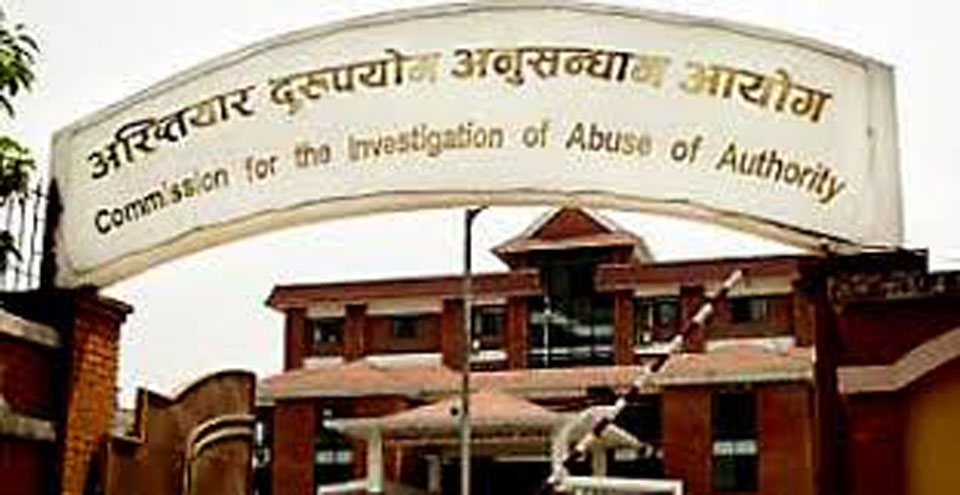
KATHMANDU, August 21: On January 7 this year, a team from the Commission for the Investigation of Abuse of Authority (CIAA) caught Shyam Aryal, a non-gazetted official of Lalitpur District Court, red-handed while taking a bribe from a murder-accused.
Aryal who had promised to settle his case was arrested. But a day after Aryal’s arrest, the antigraft body received a letter from the Supreme Court. The letter issued after consulting the then Chief Justice Sushila Karki had asked the anti-graft body not to investigate Aryal’s case.
Instead, the apex court asked the constitutional anti-graft body to hand the accused over to the court administration without further delay.
“The Supreme Court had asked us in writing to hand over the accused and we did accordingly although the court later sent the accused back to us,” CIAA Spokesperson Jib Raj Koirala recalled the incident, “Bringing him under our investigation process wouldn’t have been possible, if the media hadn’t raised the issue.”
The apex court effort to obstruct the CIAA’s investigation and dismiss the bribery case was foiled because of the media, according to CIAA officials. Legally, probing into corruption or wrong doings of judges falls under the jurisdiction of the Judicial Council, the body responsible for holding judges accountable, but the court wants to settle cases involving the civil servants working there, too, on its own.
Not just the judiciary, other powerful institutions such as Nepal Army, Banking and Financial Institutions (BFI), I/NGOs, political parties and the private sector are still outside the antigraft body’s jurisdiction. Some powerful institutions are left beyond the jurisdiction of the anti-graft body after the government did not prioritize expanding drive against corruption, say CIAA officials.
Parliament ratified the United Nations Convention against Corruption (UNCaC) on February 25, 2011, committing to bring key state institutions including the judiciary and the army under the ambit of the CIAA. Subsequently, the government formulated a national strategy and action plan aimed at bringing these institutions under the CIAA’s jurisdiction in accordance with the spirit of the UN Convention.
The action plan formulated by the then Baburam Bhattarai government had pointed out the need for amending 27 existing laws, formulating seven new laws and establishing several other financial oversight bodies to expand the anti-graft agency’s ambit.
Acts in accordance with the action plan could entrust the antigraft body to investigate corruption in the judiciary, Nepal Army, BFIs, I/NGOs, the private sector and political parties.
The action plan had listed out works to be done for revising national laws in accordance with the UN Convention, which Nepal is a party to since 2011. But the government has not succeeded in revising any law as per the mandate of the UN Convention. “So far, we have received three revised draft bills related to the Corruption Prevention Act, CIAA Act, and Good Governance Act."
Other agencies are also said to be working to revise the laws although they have not submitted any draft bill to us” said Hari Prasad Panthi, spokesperson for the Prime Ministers’ Office.
Former CIAA chief Suryanath Upadhyay terms the government’s delay in revising the national laws in accordance with the UN Convention as its negligence towards minimizing corruption. “It seems to address internal affairs i.e. constitution writing and implementation of federalism have overshadowed the task of curbing corruption. It’s worrying that both the government and anti-corruption agencies are not doing even doable jobs,” observes Upadhyay.
“So far, we have received three revised draft bills related to the Corruption Prevention Act, CIAA Act, and Good Governance Act."
According to CIAA officials, corruption involving the officials of these high-profile institutions and private sector make up around 60 percent of the total corruption cases in the country. The anti-graft body is only mandated to investigate public sector corruption or corruption cases involving government official.
Moreover, the general public rarely registers complaints against the officials of these institutions excluded from the anti-corruption agency’s jurisdiction. “Since the law has left certain institutions outside our jurisdiction, we receive few complaints against them.
There are almost no complaints against the judiciary and army,” explains CIAA Spokesperson Koirala, “Even if someone registers a complaint, we simply forward them to the offices concerned as we are not mandated to probe into corruption cases involving certain institutions like the army and the judiciary.”
On an average, the CIAA receives around 90 complaints daily but there is rarely a complaint against the judiciary and the army. CIAA officials say people don’t want to register corruption complaints against these institutions because they are not convinced that that the anti-graft body would be able to investigate corruption cases involving the officials of the judiciary and the army.
Both the army and judiciary have their own mechanisms to deal with corruption while the private sector is still outside the CIAA’s jurisdiction.
Acts to be amended
1. CIAA Act 1991
2. Corruption Prevention Act 2002
3. Nepalese Army Act 2006
4. Contract Act 2000
5. Bank and Financial Institutions Act 2006
6. Election Related Acts
7. Civil Service Act 1993
8. Good Governance (Management and Operation) Act 2008
9. Financial Procedure Act 1999
10. Judicial Council Act 1991
11. Administration of Justice Act, 2048 (1991)
12. Company Act 2006
13. Nepal Rastra Bank Act 1955
14. Insurance Act 1992
15. Special Court Act 2002
16. Telecommunication Act 1997
17. Collaborative Act
18. Association Registration Act 1977
19. Private Firm Registration Act 1958
20. Civil Aviation Authority of Nepal Act 1996
21. Extradition Act 1988
22. Audit Act 1991
23. Nepal Chartered Accounts Act 1997
24. Construction Entrepreneurs’ Act
25. Impeachment (Regulation of Procedure) Act 2002
26. Money Laundering Prevention Act 2008
27. Revenue Leakage (Investigation and Control) Act 1995
Laws to be formulated
o Conflict of Interest
o Whistleblower Protection
o International Organized Crime
o Mutual Legal Assistance
o Victim, Eyewitness and Expert Protection Law
o Extradition
o Laws Related to Developing DMLI and IRD and Independent Organization
You May Like This

Statute amendment remains uphill task
KATHMANDU, August 18: The constitution amendment faces an uphill task in parliament, with two key parties distancing themselves from fresh efforts... Read More...
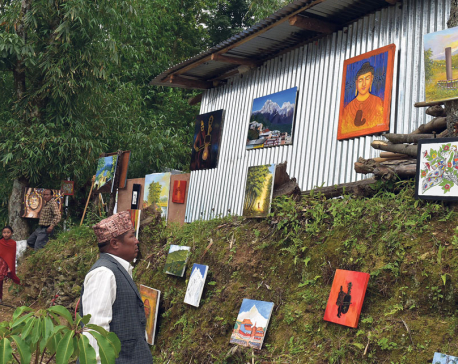
Expanding the horizon of creativity
KATHMANDU: Himalayan Arts and Culture Foundation recently organized a workshop titled ‘Art Camp With Creative Workshop-2017’ at Gairimudi, Dolakha. ... Read More...

Committee formed to probe budget leak remains idle
KATHMANDU, Nov 9: With the change in government a few months ago, the parliamentary committee to probe budget leak has turned... Read More...
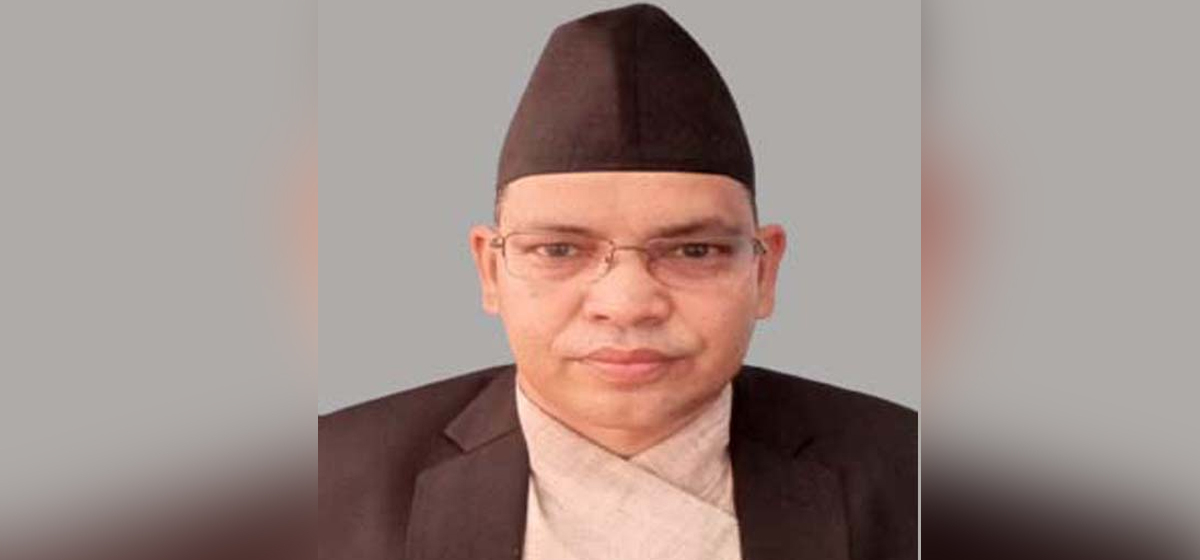
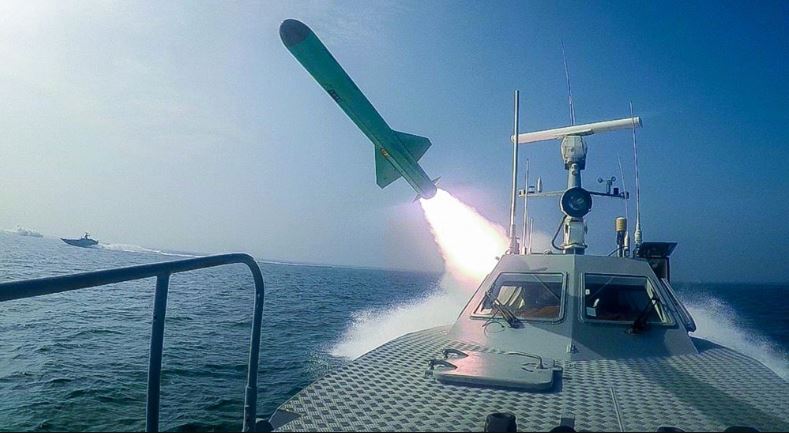
Just In
- Chaite Dashain being celebrated by worshiping Durga Bhawani today
- One individual held with 23 kg hashish-like substance in Bardia
- Rain with storm likely in hilly regions across the country for next 3 days
- Most of the commercial banks fail to adopt good governance practices: NRB
- NOC increases price of petrol, diesel and kerosene by Rs 3 per liter
- Nepal's Forests in Flames: Echoes of Urgency and Hopeful Solutions
- 14th Central President Running Shield sports competition to begin from today
- Iran’s counterstrike



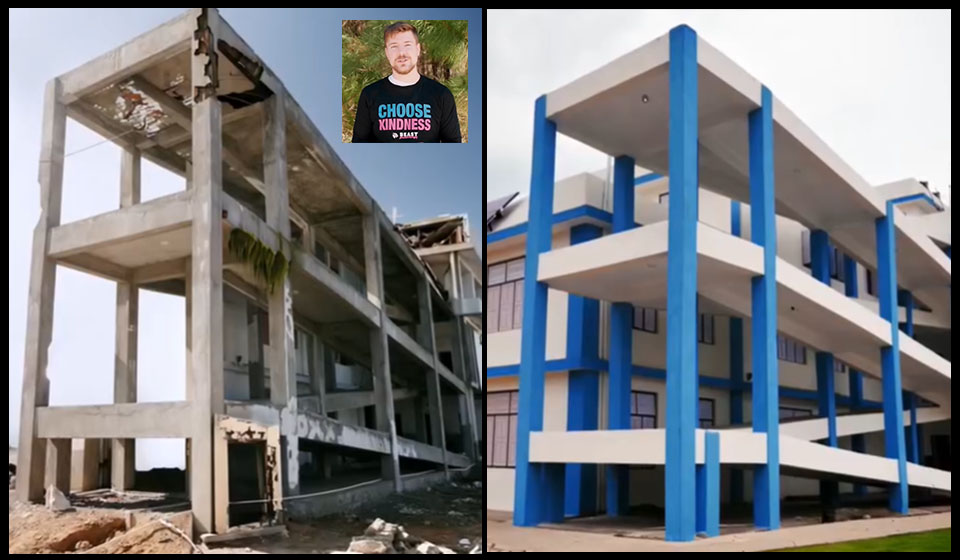

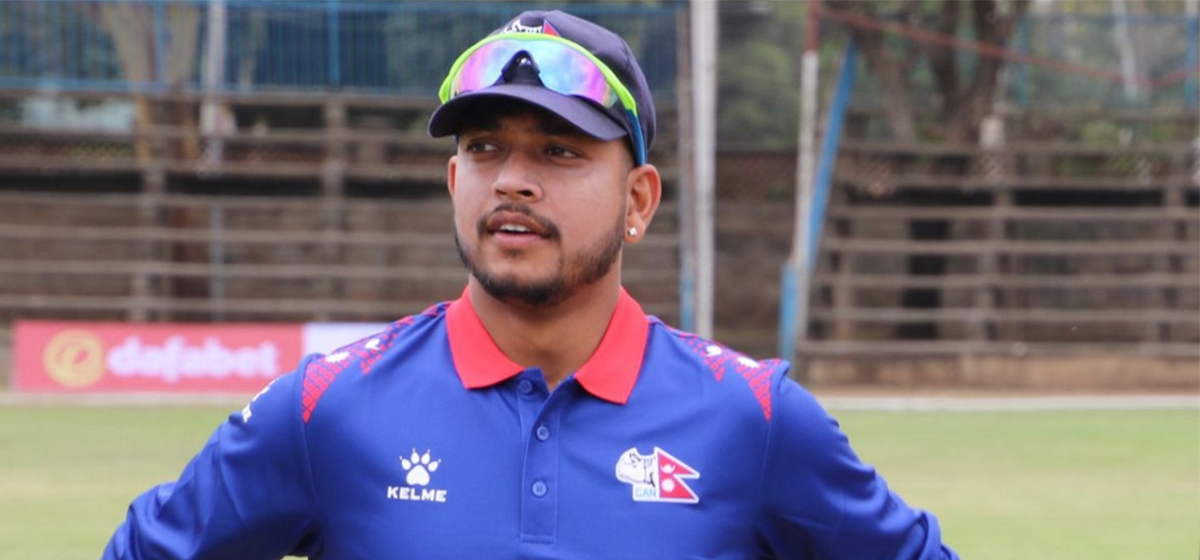
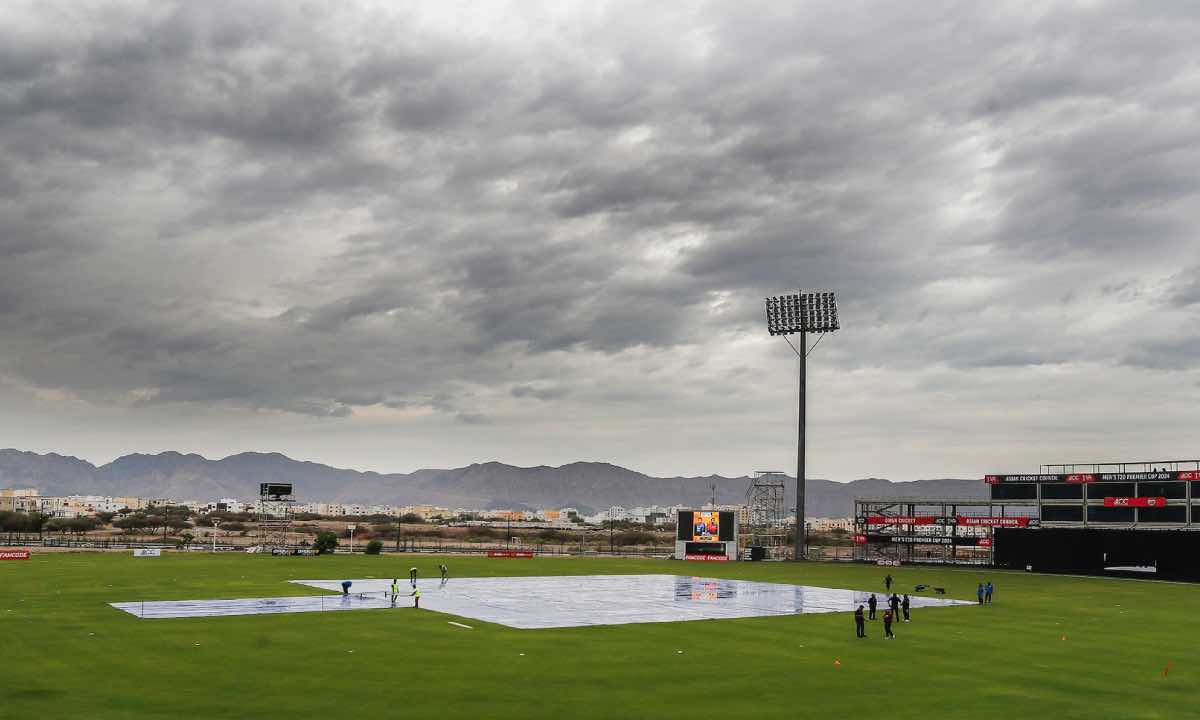
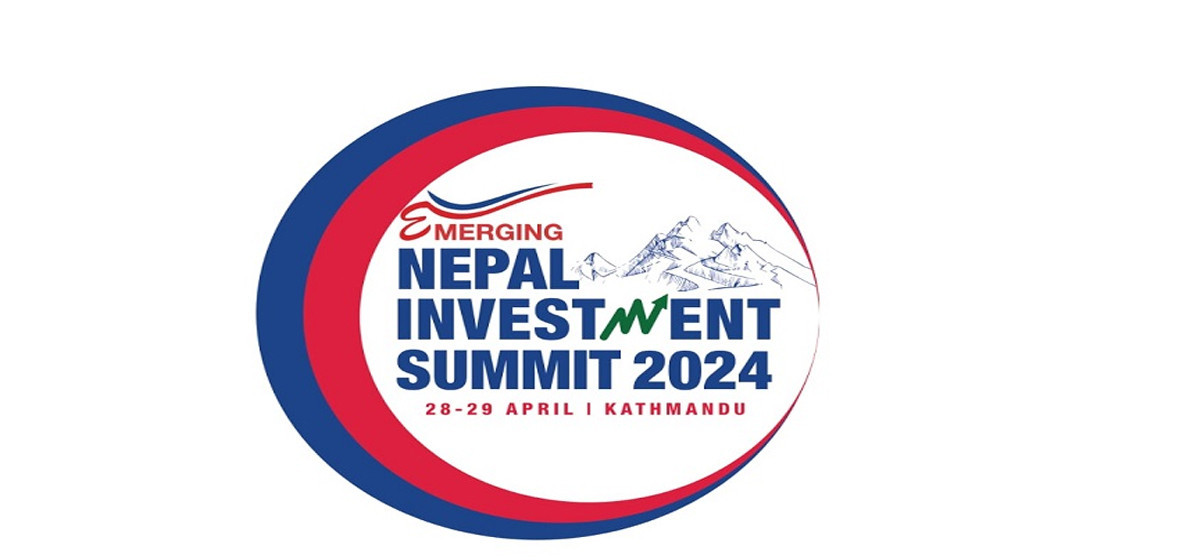
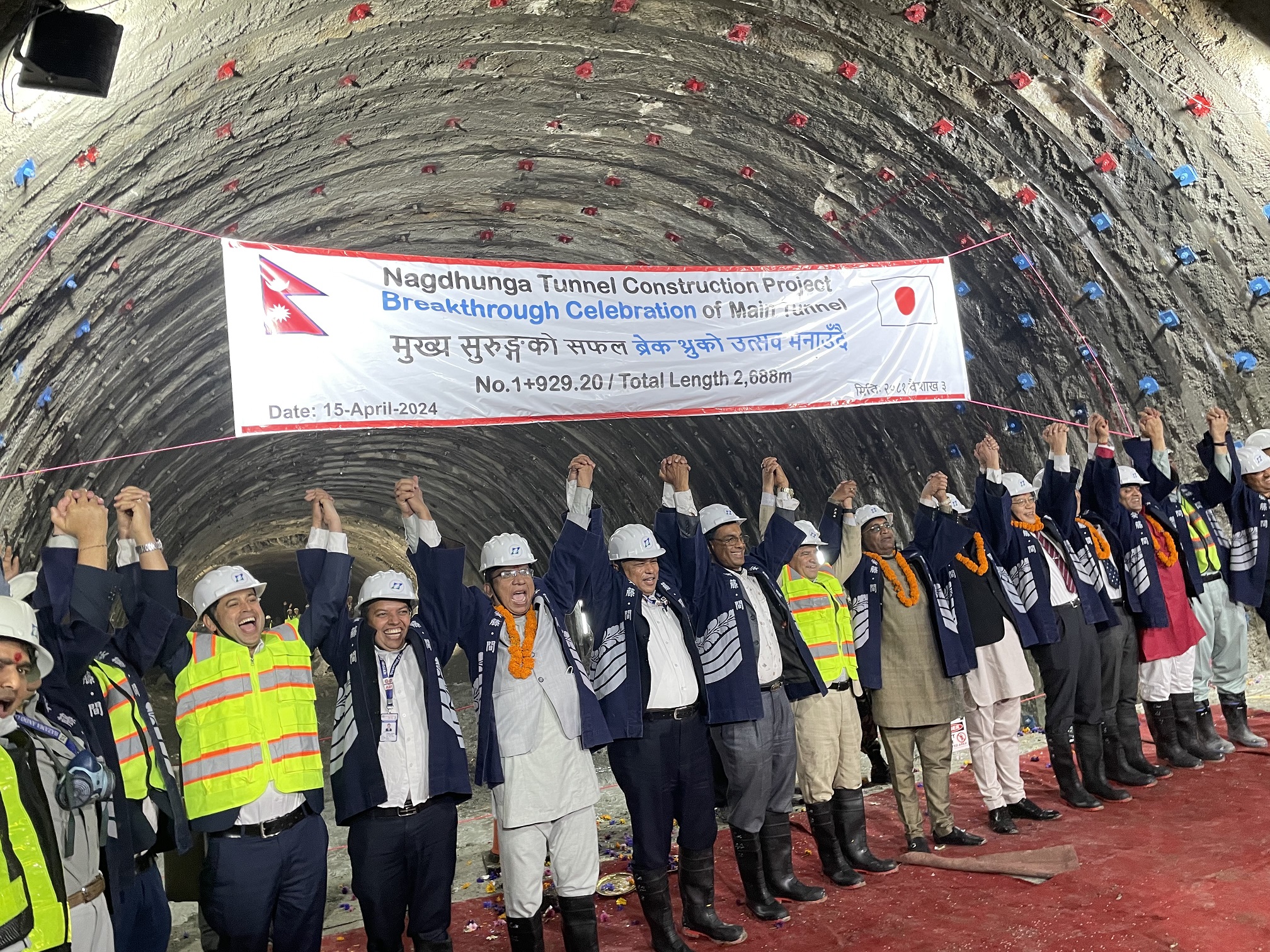
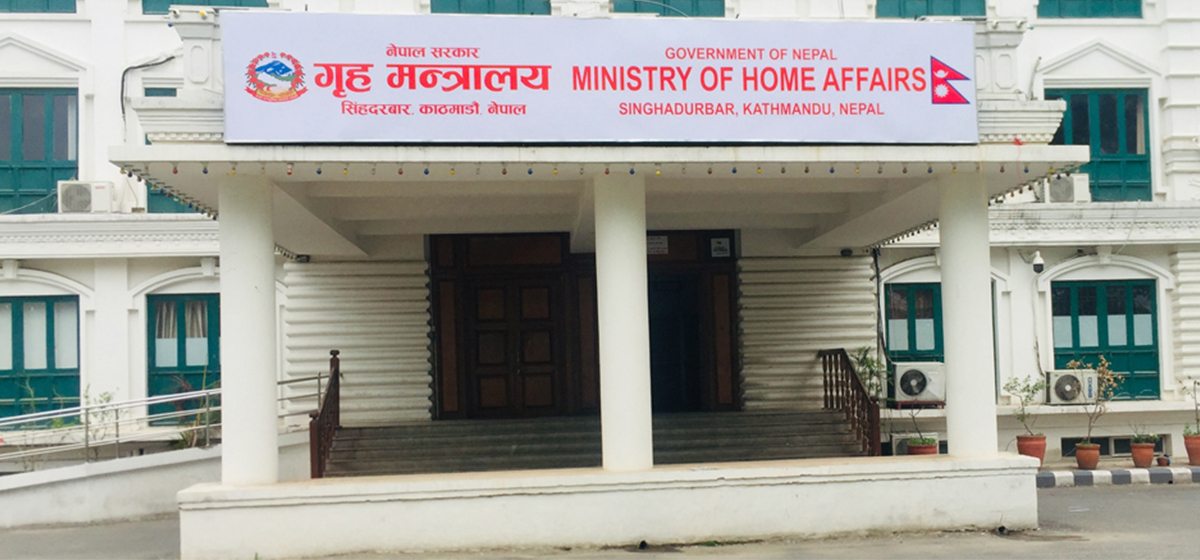






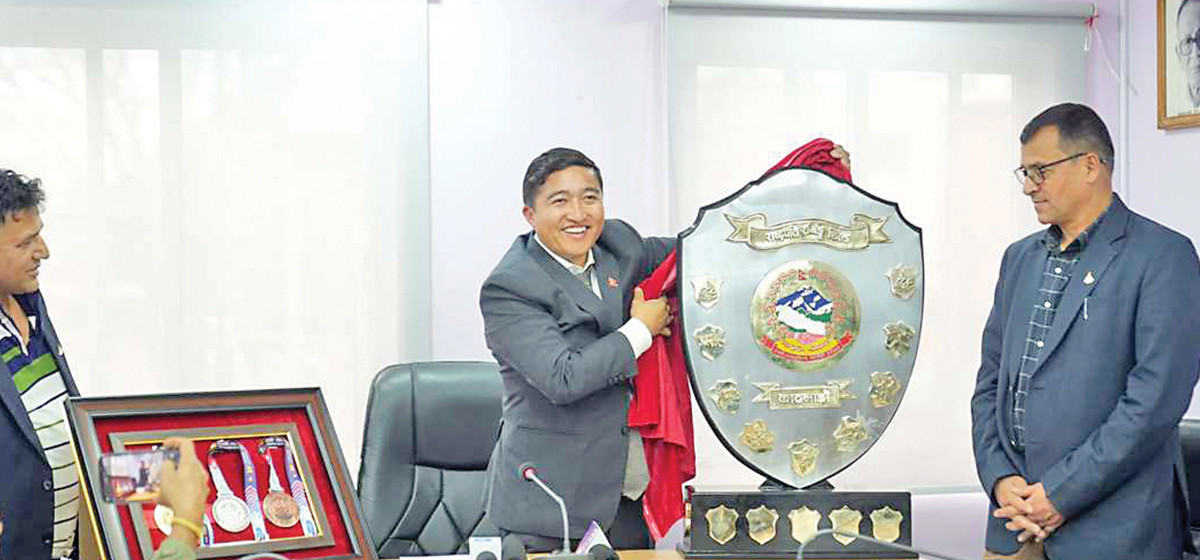
Leave A Comment